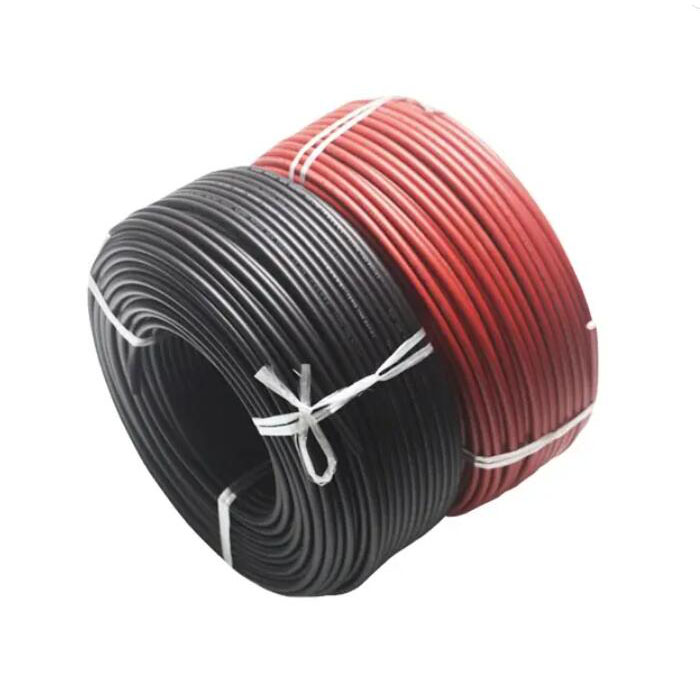Rosin Ester: A Versatile Compound in Various Industries
2025-04-10
In the world of chemistry and industrial manufacturing, there are countless compounds that serve as the backbone of many products we use every day. One such versatile and important compound is rosin ester. Derived from natural rosin, rosin esters have found widespread applications across various industries, from adhesives and paints to inks and coatings. But what exactly is rosin ester, and why is it so significant in these fields?
What Is Rosin Ester?
Rosin ester is a chemical compound formed by reacting rosin (a resin obtained from pine trees) with alcohol or other chemical agents. The resulting compound is a modified form of rosin that boasts enhanced properties, such as improved solubility, increased stability, and higher melting points compared to natural rosin. This makes rosin esters highly valuable in a range of applications where these enhanced properties are necessary.
The process of making rosin esters involves esterification, where rosin is treated with an alcohol (such as glycerol or pentaerythritol) under controlled conditions. The reaction creates an ester bond, which alters the chemical structure of rosin, improving its characteristics for industrial use.
Types of Rosin Esters
There are several types of rosin esters, each tailored for specific applications:
1. Glycerol Rosin Ester: This is one of the most commonly used types of rosin ester. It is often found in adhesives, paints, coatings, and inks. The esterification with glycerol enhances its properties, making it more effective as a tackifier in adhesives.
2. Pentaerythritol Rosin Ester: Known for its higher melting point and increased stability, this type of rosin ester is commonly used in rubber compounds, printing inks, and adhesives. It also finds use in the manufacture of varnishes and coatings due to its enhanced durability.
3. Polyester Rosin Ester: A more specialized form, polyester rosin esters are used in high-performance coatings and as stabilizers in various chemical processes. These esters offer enhanced chemical resistance and thermal stability.
Applications of Rosin Ester
Rosin esters are found in a wide variety of products and industries. Their versatility comes from the combination of the natural properties of rosin and the enhancements introduced by the esterification process. Some of the most common applications include:
1. Adhesives
One of the primary uses of rosin esters is as a key ingredient in adhesives. Their ability to act as tackifiers, which help improve the stickiness and bonding strength of adhesives, makes them essential in industries like packaging, automotive, and construction. Rosin esters are used in hot-melt adhesives, pressure-sensitive adhesives, and even in glues used in the paper and wood industries.
2. Paints and Coatings
Rosin esters are used in the production of paints, coatings, and varnishes. Their ability to improve the flow and stability of the product, as well as enhance the durability of the coating, makes them valuable in applications ranging from automotive coatings to industrial paints. Pentaerythritol rosin esters, in particular, are favored for their high melting point, which provides added resistance to heat and wear.
3. Inks
In the printing industry, rosin esters are used in inks for offset and flexographic printing. They enhance the ink’s viscosity and adhesion properties, making them ideal for printing on a variety of surfaces, including paper, plastics, and metals. Their excellent dispersion properties also help improve the overall quality of printed images.
4. Rubber Compounds
In the rubber industry, rosin esters are used to improve the properties of rubber compounds. They act as plasticizers and tackifiers, enhancing the processing and performance of the rubber. Rosin esters are often incorporated into tires, gaskets, and seals for their ability to increase flexibility and durability.
5. Food Industry
Although it might sound surprising, rosin esters are sometimes used in food products, particularly as glazing agents or emulsifiers. These esters help in the coating of candies, fruits, and other food items, providing a glossy appearance and preserving freshness. However, strict regulations ensure their safety in food applications.
Benefits of Rosin Esters
The incorporation of rosin esters into various products offers numerous benefits:
- Improved Adhesion and Tack: Rosin esters provide excellent adhesion and tack, making them ideal for use in adhesives and coatings that require strong bonding properties.
- Enhanced Stability: By modifying the chemical structure of rosin, esters improve the stability of the compound. This is particularly beneficial in high-performance coatings and inks, which need to withstand various environmental conditions.
- Higher Melting Point: Some rosin esters, like pentaerythritol rosin ester, offer a higher melting point, making them more suitable for applications exposed to heat or high temperatures.
- Eco-Friendly: Since rosin is derived from natural sources, rosin esters are considered more sustainable compared to synthetic alternatives. They contribute to eco-friendly products, especially in industries like packaging and construction.
Conclusion
Rosin esters are a remarkable class of compounds that offer improved properties over natural rosin, making them invaluable in a variety of industries. From adhesives and coatings to inks and rubber compounds, these versatile materials help enhance the performance and durability of everyday products. Whether it’s for creating stronger adhesives, more resilient paints, or high-quality printing inks, rosin esters are an essential ingredient in many manufacturing processes. Their eco-friendly nature, combined with their efficiency and reliability, ensures they will continue to be a key player in numerous industries for years to come.



